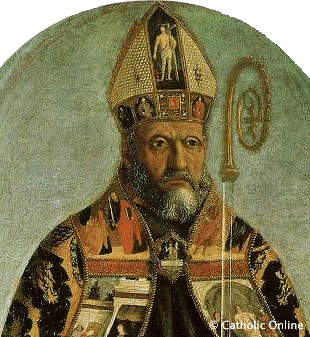Here are a couple of examples from our British culture.
Our traditional Universities like Durham, St Andrews, Cambridge and Oxford. Originally built on a collegiate system with Christian foundations, the idea of a 'University' is a Greek one. Some would argue that the world's first one was founded by Plato in Athens.
Our school system has an uncanny resemblance to the system of state education described in Plato's Republic. Children were to be given guardians and separated from their fathers and mothers and taught reading, mathematics, music and physical education from the age of six. In Hebrew thinking, children were taught in their local community, either in the home or at the local synagogue. You could argue that a Christian School or a 'Faith School' is a fusion of Biblical and Greek thinking.
I am now going to give you a list of differences between a Greek and a Hebrew thinker. Which one are you?
| Greek Thinkers | Hebrew Thinkers |
| Separate the physical from the spiritual. Hence, baptism and communion are empty symbols with no spiritual consequence. | Integrate the physical from the spiritual. Hence, as in 1Corinthians 11, some people died by taking the Lord's Supper for the wrong reasons. In 1Kings 13, Naaman was healed by being 'baptised' seven times in the River Jordan. |
Separate clergy (priests, vicars, pastors, ministers) from the laity using academic degrees, titles etc. |
See us as a royal priesthood. Brothers and sisters. |
Send children away from the family into academic institutions with qualified teachers and age segregated classes |
Teach from father and mother to son and daughter. |
Teach through catechisms and systematic theologies |
Teach through parables, stories. |
Teach by lecturing an audience through wisdom and oratory |
Teach by the power of the Holy Spirit, interacting with an audience |
| Teach that a disembodied soul goes to a spiritual heaven | Teach the resurrection of the dead, the existence of a new body and a new heaven and a new earth |
Read the Bible allegorically, looking for the spiritual meaning behind narratives |
Read the Bible literally, noting people and places in their most straightforward meaning |
See the church as the 'new' Israel |
Differentiate Israel and the Church |
| Limit musical worship to standing up and singing | Extend musical worship to clapping, kneeling, shouting, silence, dancing and other physical expression Value family and community |
| Value institutions Separate 'Christian' service (pastors, evangelists, missionaries) to 'secular' service, like teaching, manual trades, medical professions. |
See all work as sacred. |
See God as perfect, but impersonal. Don't expect God to speak through visions, prophecy or other forms of revelation |
Listen to God as well as speak to Him in Prayer |
Think in terms of social democracy, state power |
Think in terms of Kingdom |
I want to put it to you that we need to rid ourselves of the Greek thinking and go back to a more Hebrew mindset if we are to recover the power of the early church. We need the church to be pre-Augustinian.
For a fuller explanation of what I have written here, may I recommend David Pawson's talks on De-Greecing the church.

